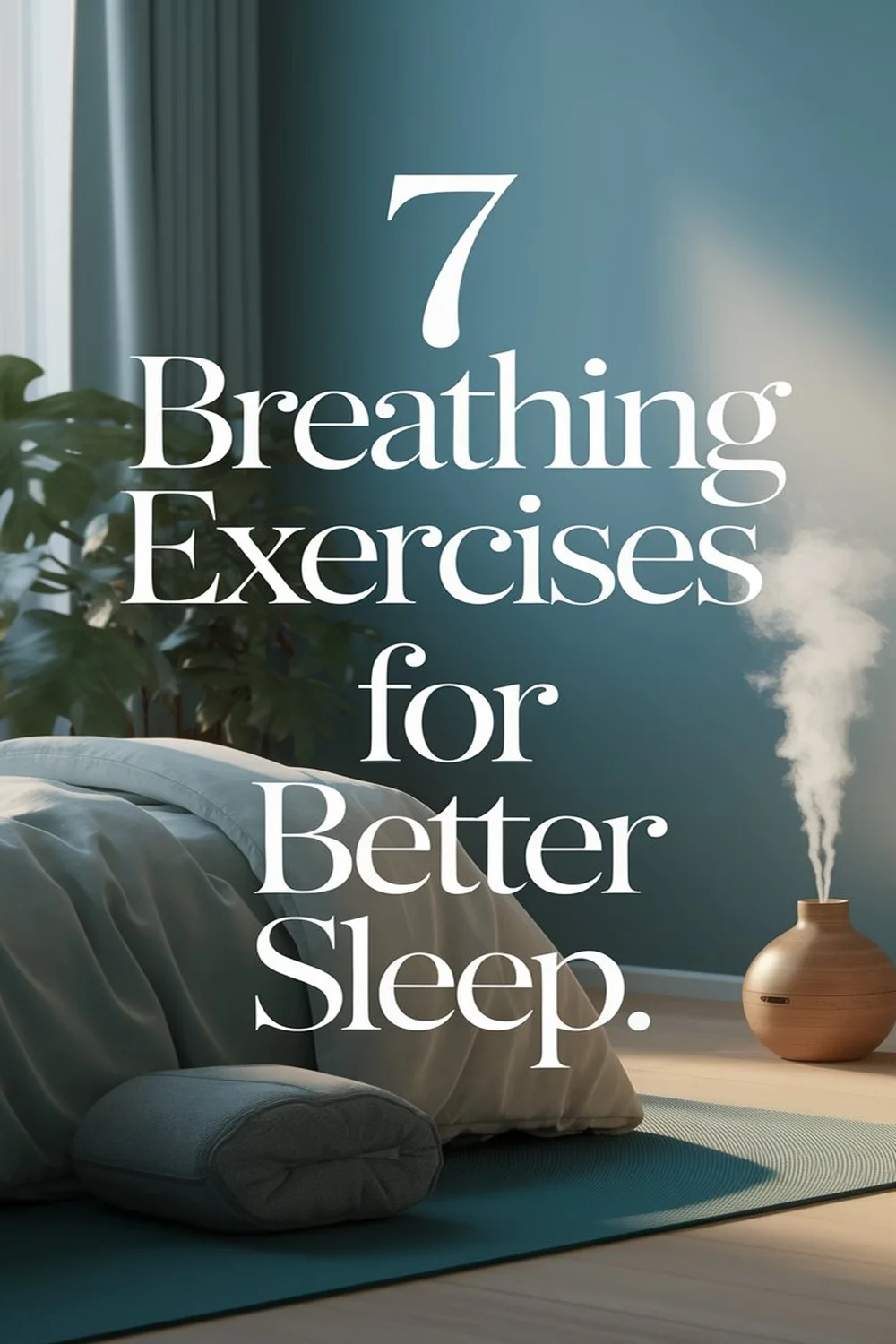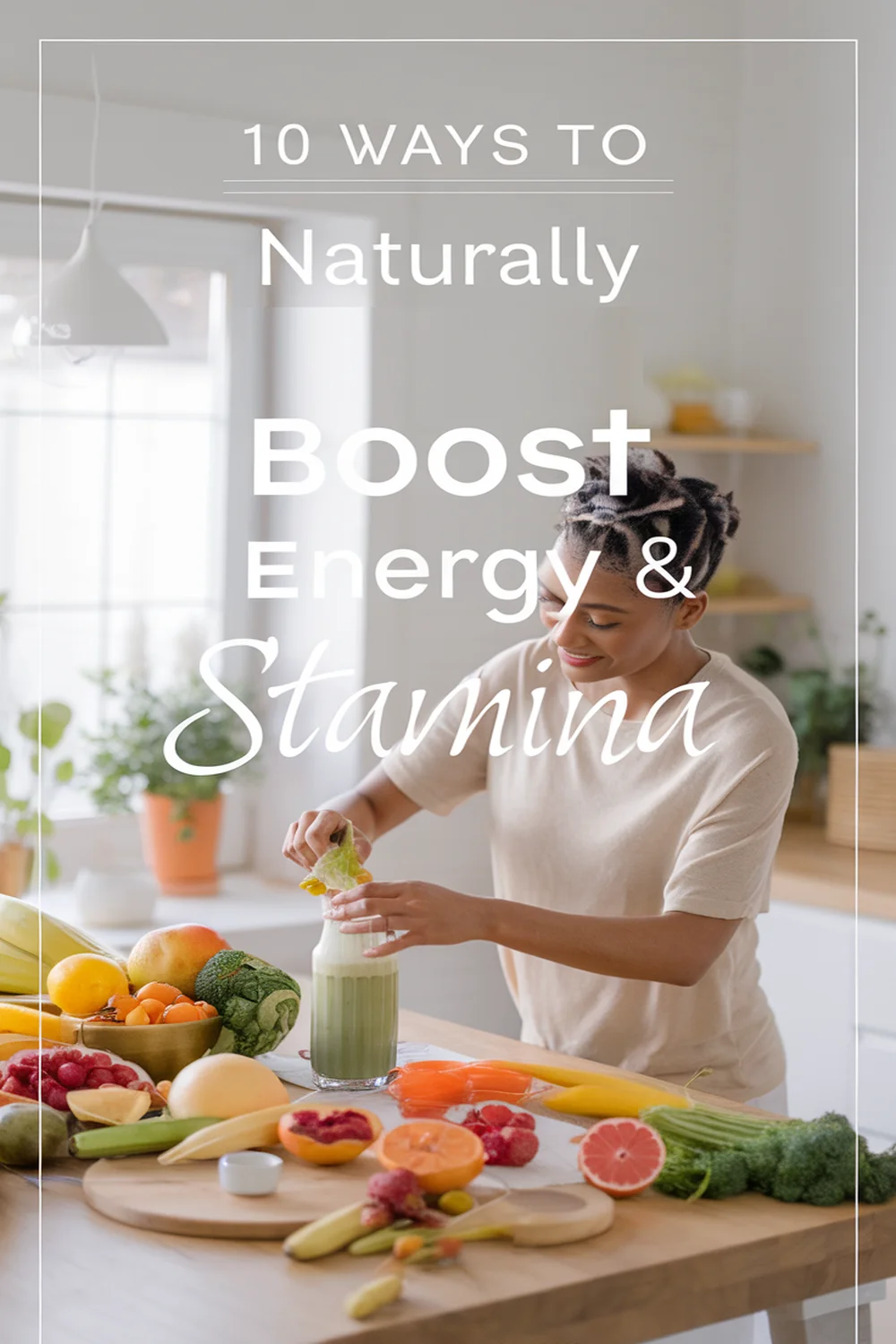Napping provides numerous benefits, including increased alertness, enhanced cognitive functions, and improved mood. By taking short naps, you’ll boost creativity, reduce stress, and lower the risk of burnout. Naps also promote better cardiovascular health and are easy to integrate into your daily routine. To reap these rewards, aim for 20-30 minutes in a quiet, comfortable space. The key to maximizing these advantages lies in knowing how to nap effectively, and there’s more to uncover about this essential practice.
Increased Alertness
A brief afternoon nap can greatly enhance your alertness, giving you that much-needed boost to tackle the remainder of your day. Research shows that short naps, ideally between 10 to 20 minutes, help reset your brain and increase your attention span. During this short rest, your body enters a light sleep phase, which aids in flushing out cortisol, a stress hormone that can hinder focus. You’ll notice that after napping, your ability to concentrate markedly improves, making mundane tasks feel less burdensome. Additionally, this refreshed state can enhance your motivation and overall productivity. By incorporating strategic naps into your routine, you can maintain higher energy levels, making your afternoons more enjoyable and effective. Don’t underestimate the power of a quick siesta!
Enhanced Cognitive Function
How does a quick nap elevate your cognitive prowess? Studies show that a brief nap greatly enhances your memory, attention, and decision-making skills. When you nap, your brain processes information, consolidating memories and improving your overall cognitive flexibility. Here are three ways you can leverage napping for cognitive enhancement:
- Memory Boost: Naps help solidify new information, making it easier to recall later.
- Increased Focus: Short breaks can rejuvenate your mind, sharpening your attention and concentration.
- Improved Decision-Making: Napping allows your brain to reset, enhancing clarity and boosting problem-solving abilities.
Boosted Creativity
Many people discover that a brief nap can greatly enhance their creative thinking. When you sleep, your brain enters a unique state that fosters divergent thinking, allowing for new connections and ideas to emerge. A well-timed nap, typically around 20 minutes, helps clear mental clutter, letting your mind sift through information and generate innovative concepts. Research shows that napping activates the prefrontal cortex, a region essential for problem-solving and creativity. By resting, you not only recharge but also allow subconscious processes to work behind the scenes. This can lead to “aha” moments and fresh perspectives on challenges you face. So, if you’re struggling with a creative block, consider taking a short nap to release your brain’s potential.
Recommended Items
Discover our favorite health and wellness essentials to enhance your napping experience!
Improved Mood
While boosting creativity is a notable benefit of napping, improved mood is another significant reason to incorporate short rest periods into your daily routine. Napping can elevate your mood by resetting your emotional state, allowing you to tackle the rest of your day with renewed vigor.
To enjoy improved mood from napping, consider the following tips:
- Keep it short: Aim for 20-30 minutes to avoid grogginess.
- Choose the right time: Early afternoon is ideal, as it aligns with natural circadian rhythms.
- Create a calming environment: Use a quiet, dim space to promote relaxation and enhance the nap’s effects.
Reduced Stress
Napping not only revitalizes your energy but also plays an essential role in reducing stress levels. When you take a short nap, your body activates its relaxation response, decreasing cortisol levels, a primary stress hormone. This physiological change helps calm your mind, making you more resilient to daily challenges. Studies show that just a 20-minute nap can enhance your mood and boost your ability to handle stressors effectively. By providing a mental and physical reset, napping allows you to approach tasks with a clearer mind and less tension. Incorporating short naps into your routine can serve as a simple yet powerful strategy to manage stress and enhance your overall well-being, helping you maintain a balanced, productive lifestyle.
Better Memory Retention
Following an invigorating nap, you may notice an improvement in your memory retention. Research shows that short naps can help consolidate information, allowing you to recall facts and skills more effectively. This phenomenon occurs as your brain organizes memories and strengthens neural connections during sleep.
To maximize memory retention through napping, consider these tips:
- Choose Duration Wisely: Opt for a 20-30 minute nap to avoid grogginess and increase alertness.
- Time Your Nap: The ideal window is early afternoon, aligning with your body’s natural circadian rhythms.
- Create a Calm Environment: Find a quiet, comfortable space to reduce distractions and enhance relaxation.
Incorporate these strategies into your routine to boost your memory power effectively!
Increased Productivity
When you integrate short naps into your routine, you might discover a significant boost in your productivity levels. Research shows that napping can enhance alertness and cognitive function, leading you to accomplish tasks more efficiently.
Here’s a quick overview of the benefits of napping on productivity:
| Nap Duration | Effect on Productivity | Recommended Timing |
|---|---|---|
| 10-20 mins | Increases alertness | Early afternoon |
| 30 mins | Improves memory retrieval | Midday |
| 60 mins | Enhances problem-solving | Post-lunch |
| 90 mins | Boosts creativity | Early afternoon |
| 20-30 mins | Quick refresh | Anytime during day |
Embracing these short breaks can help you harness your mental capacity, leading to an overall enhanced work output.
Physical Health Benefits
Although people often overlook the physical health benefits of napping, incorporating even short rest periods can considerably improve your overall well-being. Regular naps can have significant effects on your body, enhancing various aspects of health. Here are three key benefits of napping:
- Heart Health: Short naps can lower stress and help reduce blood pressure, promoting cardiovascular health.
- Immune Function: Resting your body gives your immune system a boost, helping you ward off illnesses.
- Weight Management: By improving hormone regulation related to appetite, napping can aid in weight control.
Napping: Your Step-by-Step Guide
Enhanced Learning
While you may not realize it, taking a nap can greatly enhance your learning abilities. Napping boosts memory retention by consolidating information learned throughout the day. During sleep, your brain processes and organizes new knowledge, making it easier for you to recall later. This phenomenon occurs because napping allows your hippocampus—responsible for memory processing—to work effectively. Short naps, ideally 20-30 minutes, improve alertness and cognitive function, making it easier to absorb complex concepts. Furthermore, naps can help you focus better when you return to your tasks. So, when you feel overwhelmed or mentally fatigued, consider a quick nap to supercharge your brain’s learning capacity and effectively improve your overall academic performance.
Lowered Risk of Burnout
Taking a nap not only boosts your learning abilities but also plays a significant role in lowering the risk of burnout. Regular napping can rejuvenate your mind, helping you maintain focus and energy throughout the day. By incorporating naps into your routine, you can combat fatigue effectively. Here are three key benefits:
- Mental Refresh: A short break helps clear your mind, reducing stress and enhancing creativity.
- Enhanced Productivity: Napping improves cognitive function, allowing you to tackle tasks more efficiently after waking.
- Emotional Regulation: Naps can stabilize your mood, making you more resilient to workplace challenges.
Improved Cardiovascular Health
When you prioritize napping, you might not realize its potential to enhance your cardiovascular health. Research indicates that taking regular naps can lower blood pressure, reduce stress levels, and decrease the risk of heart disease. A brief nap not only helps reset your energy levels but also promotes better regulation of hormones linked to stress and inflammation. By reducing cortisol levels, napping can help maintain a healthier heart. Additionally, studies show that individuals who nap regularly tend to have lower rates of heart-related issues compared to those who don’t. So, next time you consider a nap, think of it not just as a rest but as a proactive step for your heart health. Prioritize your well-being; your heart will thank you.
Easy Integration Into Daily Life
Integrating napping into your daily routine can be surprisingly straightforward, as it requires only a few mindful adjustments to your schedule. Consider these three strategies to make napping a seamless part of your day:
- Choose the Right Time: Aim for a nap between 1 PM and 3 PM when energy dips naturally, avoiding late afternoon sessions that may interfere with nighttime sleep.
- Set a Timer: Limit your nap to 20-30 minutes to refresh without entering deep sleep, which can lead to grogginess.
- Create a Napping Environment: Find a quiet, dimly lit space where you feel comfortable and safe, enhancing the quality of your nap.











